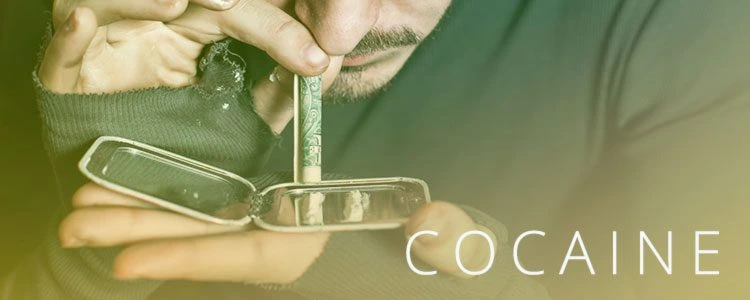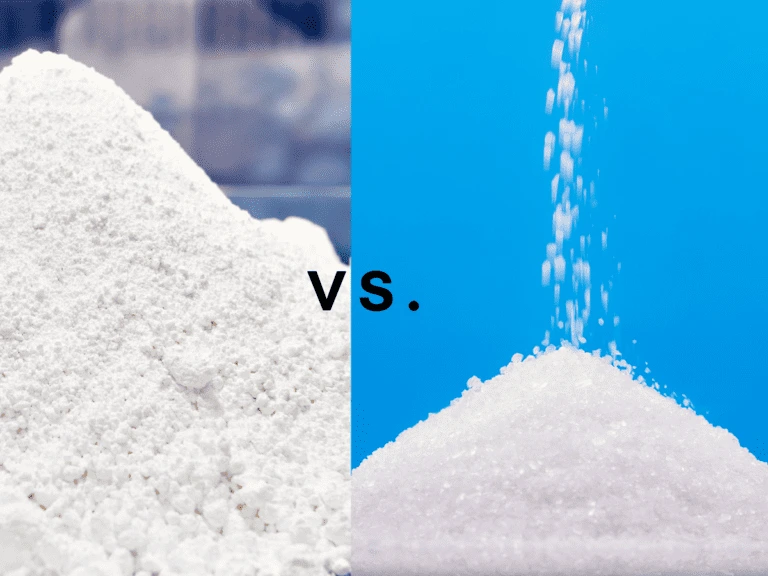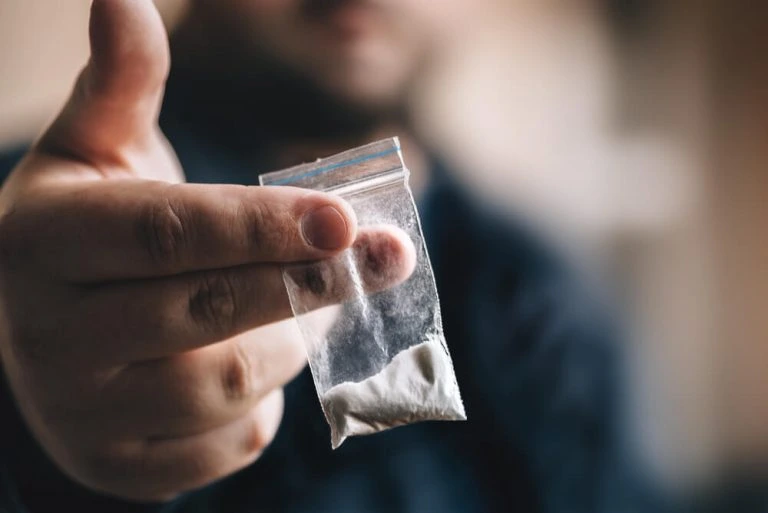Cocaine Abuse
Cocaine abuse is characterized by an increasing use of cocaine over time. The user may enjoy the high the drug brings, but friends and family will note many changes in the way the user looks and behaves. Over time, the signs and symptoms of cocaine abuse can worsen into life-threatening complications. It may not be appreciated at the time, but a bit of support and kindness from friends and family can mean the difference between prolonged abuse and the first step toward addiction recovery.

Initial Signs of Cocaine Abuse
One of the most common ways to abuse cocaine is by inhaling the drug in powdered form through the nose. This may leave a bit of white powder around the nostrils. Cocaine can damage the delicate membranes of the sinuses, and users may frequently sniffle or suffer from a runny nose. In extreme cases, the nose may bleed. If the drug is injected, there may be puncture marks on the arms, hands, legs, or feet. Other cocaine abuse signs can be found in the user’s eyes, which may be red, watery, or bloodshot. If they are still experiencing the high, the pupils will be dilated. This can also manifest as a heightened sensitivity to light.
Cocaine abuse symptoms are also apparent in the behavior of an addict. A typical high only lasts up to 30 minutes, so a user may sneak away several times an hour and return in a jubilant, excited mood. Smoked cocaine produces an even shorter high, resulting in a more frequent rate of use. The user may begin to eat less or not at all, as cocaine suppresses appetite. When a high wears off, the user may become lethargic or depressed and may experience difficulty sleeping. As abuse becomes more and more frequent, users may start to display signs of paranoia, uncharacteristic aggression, and even hallucinations.
What Can You Do?
One of the most important things a friend or family member can do if they see cocaine abuse symptoms is let the user know they’re concerned. If left unchecked, cocaine abuse can have serious negative effects on the body and mind. Don’t let the abuse go unchallenged until it’s too late: Make sure they know that you value their health and their happiness. A user may initially deny taking drugs. Gently and calmly explain what you’ve observed that has led you to your conclusion. Let them know that you’re not passing judgment, but you are concerned that their actions will cause irrevocable harm.
Offer to help them speak with a counselor to get the help they need. Focus on finding a program that makes the user feel comfortable and safe and works with them to outline an individualized plan for recovery. However, bear in mind that it’s ultimately up to the user to decide if they go through with treatment or not. Don’t force them to act, but make it known that they have full support from you when they do. They may find it easier to begin with addiction counseling, which can help them understand why they’re turning to drugs and what they risk with continuing drug use.
If the user does agree to seek professional treatment, work with them to find a comprehensive support network. Encourage them to call BetterAddictionCare, since we offer personalized pre-screening to help find the right treatment center for every client from our nationwide recovery network. All of our services are 100% confidential. Fill out our contact form for more information about alternative rehab programs or to get help now through immediate admission at a cost-effective, individualized treatment center near you.






